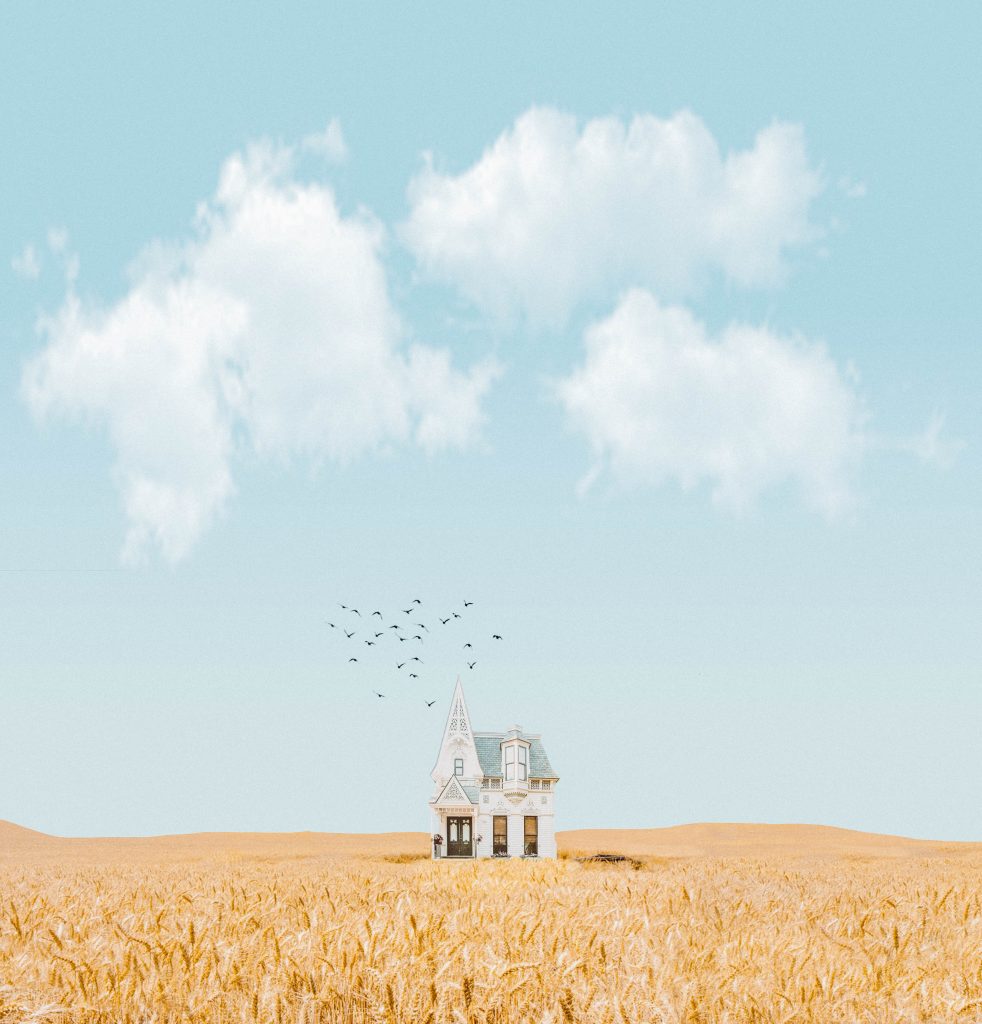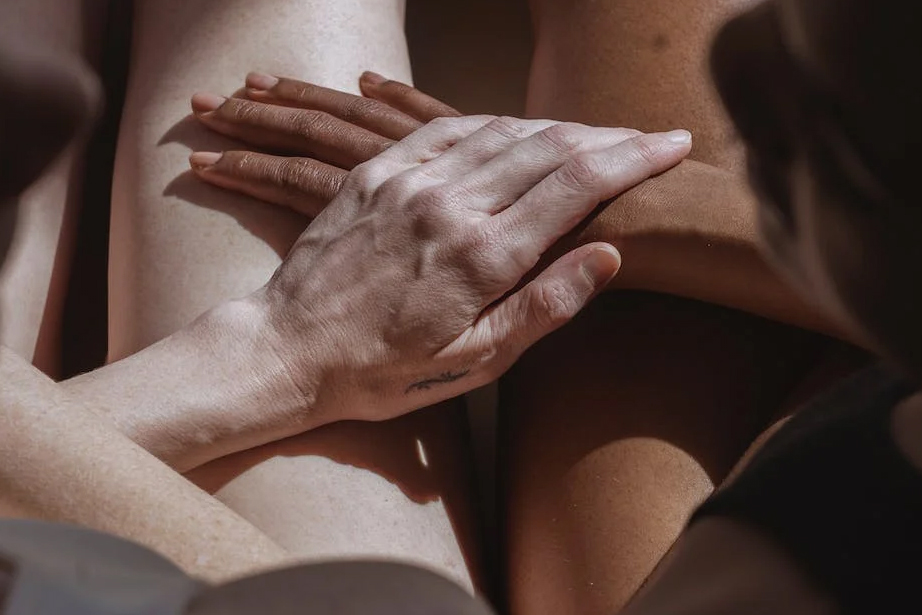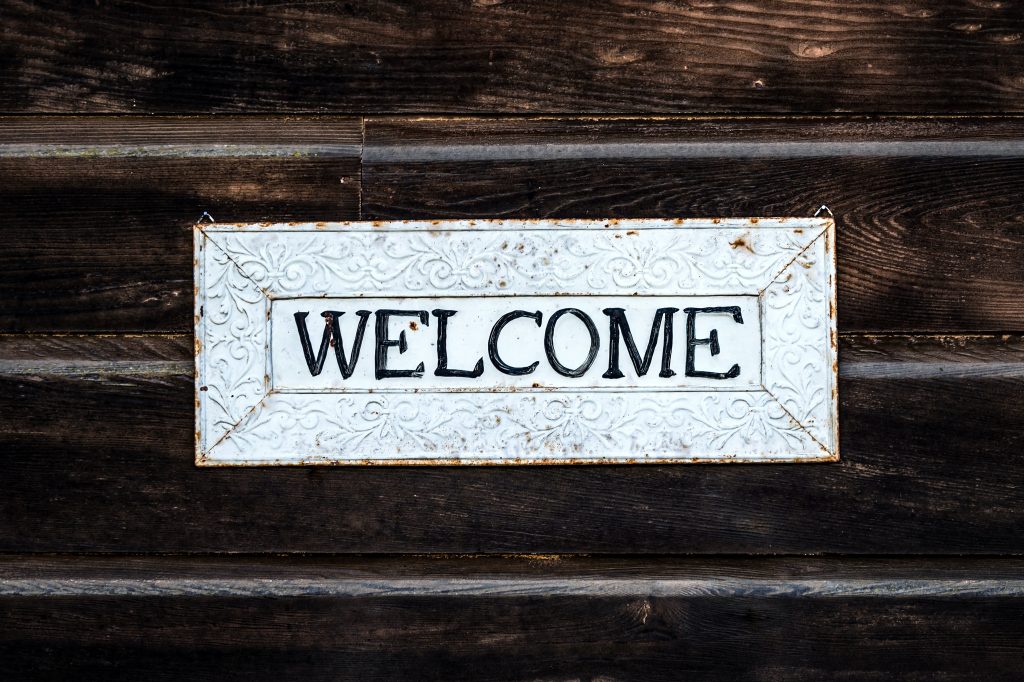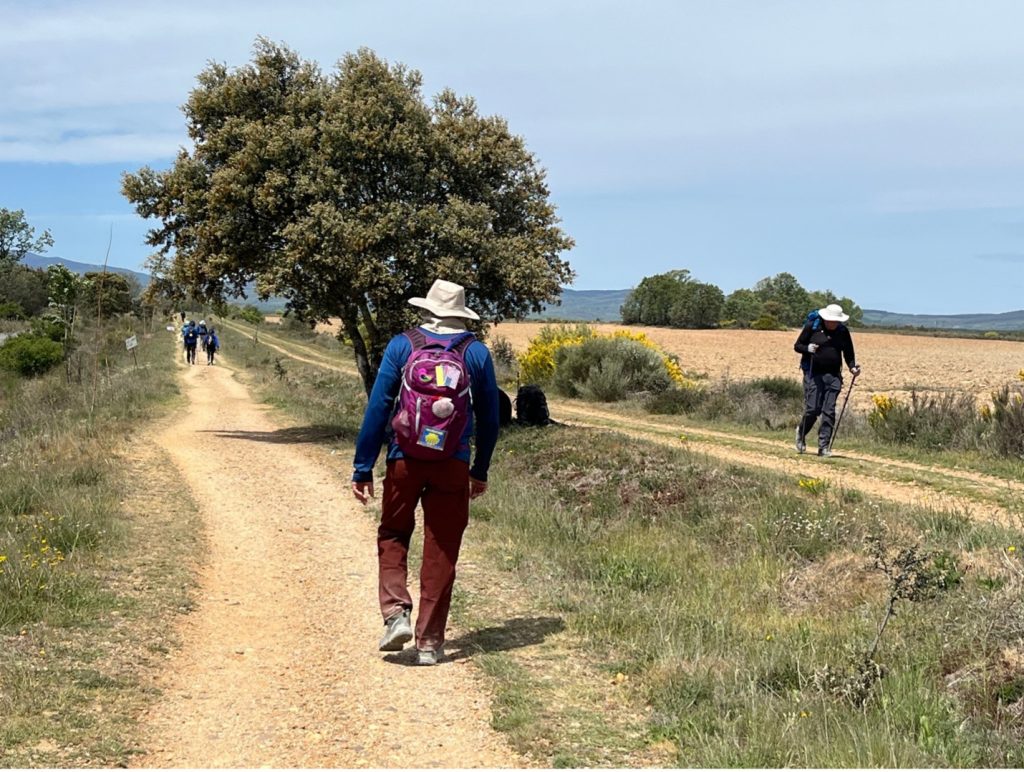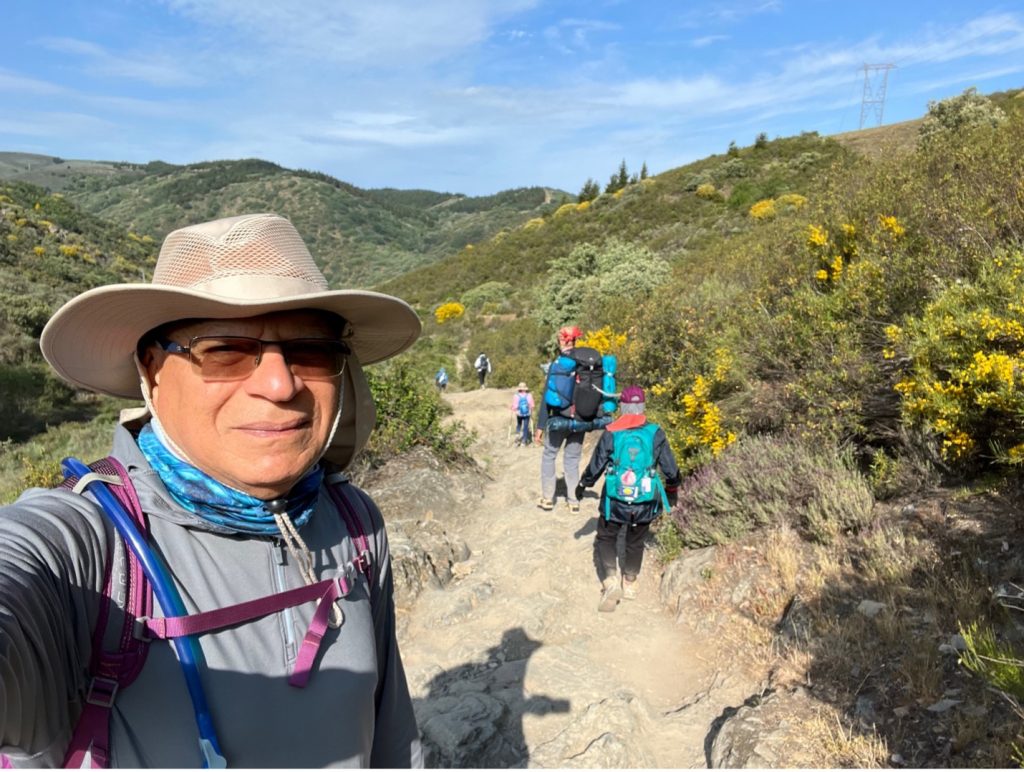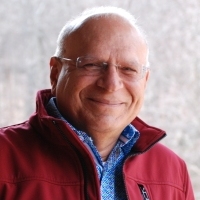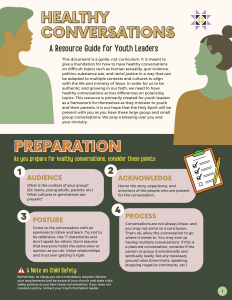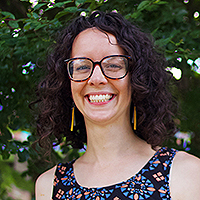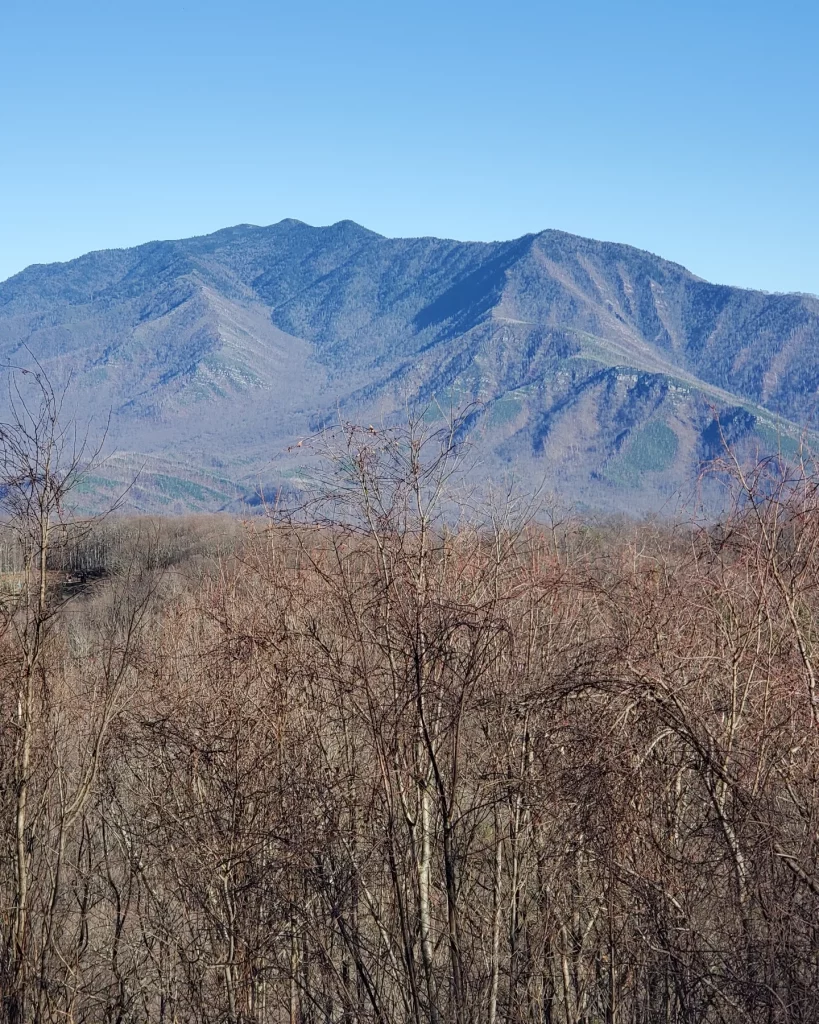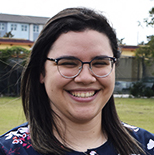Mennonites and Friends (Quakers) are different groups with different cultural and theological histories. Yet these groups have some shared concerns: a peace testimony, a refusal to swear oaths, a history of persecution and flight, and an understanding of plainness and simplicity. As a member of the Religious Society of Friends, I offer a few reflections on simplicity from a traditional Quaker perspective.
Simplicity begins on the inside. As followers of Christ, we have been commanded to seek first the Kingdom of God. Simplicity is setting aside anything that gets in the way of seeking the Kingdom. The Book of Discipline of my yearly meeting (a yearly meeting is equivalent to a Mennonite conference or convention) states: “The call … is to abandon those things that clutter [our lives] and to press toward the goal unhampered. This is true simplicity.” Simplicity can mean having fewer possessions, but also means surrender to God.
Simplicity is not the same as frugality. My Lutheran grandparents lived through the Great Depression. As a result, they crimped the toothpaste tube to get out every last bit of paste—and I recall that my grandmother even once cut off the end so that she could scrape the inside of the tube with her brush. My grandfather told stories of eating pretzel soup for breakfast during the 1920s and 1930s. This was, well, crushed pretzels soaked in water. Circumstances forced my grandparents to be frugal. But their continued sense of carefulness with resources does not strike me as a form of simplicity, but rather a survival technique born of economic trauma.
Simplicity will look different for different people. Some Friends choose against television in their homes, and some plant gardens as a spiritual practice. Still others feel called to plain or simple dress. Not everyone feels called to do this. My yearly meeting acknowledges in the section of the Discipline that “Simplicity does not mean all conform to uniform standards.” Margaret Fell Fox, an early Friend and the wife of George Fox, mentioned in 1700 that requiring everyone to be “in one dress and one color” was a “silly poor Gospel.” This means that some Friends come to worship in long dresses and suspenders. Others come to worship wearing jeans. This is okay.
Simplicity can also unite us. Friends’ practice of waiting in silence began during a time of religious and political turmoil. They felt the only way to find God in the turmoil was to strip away the structured worship services. As a result of waiting, listening, and speaking only when God prompted, Friends encountered a special unity in worship. Even today, I will sometimes be praying silently, and someone stands and speaks the very thing I am praying about.
Following God’s call to simplicity can be a form of witness. John Woolman, an American Friend and storekeeper, felt that slavery was impeding his ability to seek first the Kingdom of God. He began to speak and act against slavery before Friends in the Philadelphia area prohibited the practice. He began wearing undyed clothing because dye was made by the labor of enslaved persons. For Woolman, stripping away distracting things meant looking different from the rest of his religious community.
In keeping with the Quakerly character of this writing, I offer some questions for examination and spiritual growth for us all to consider:
- Is something blocking my search for the Kingdom of God?
- How has following a call to simplicity enriched my walk with God and my community?
A longer version of this article originally appeared in Anabaptist World. This abbreviated version is used by permission.

